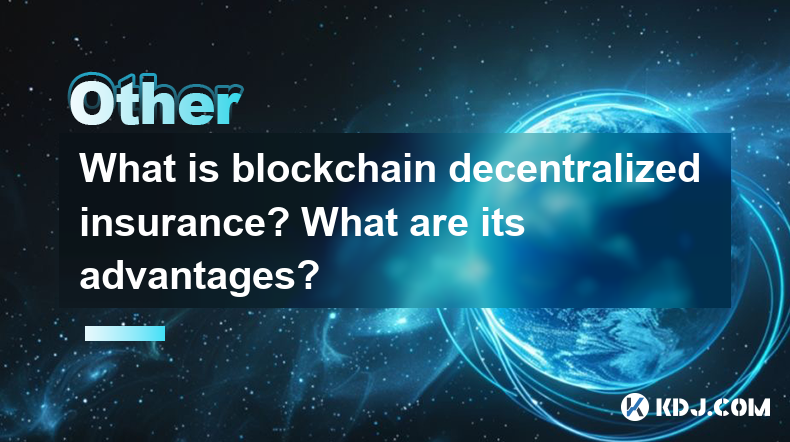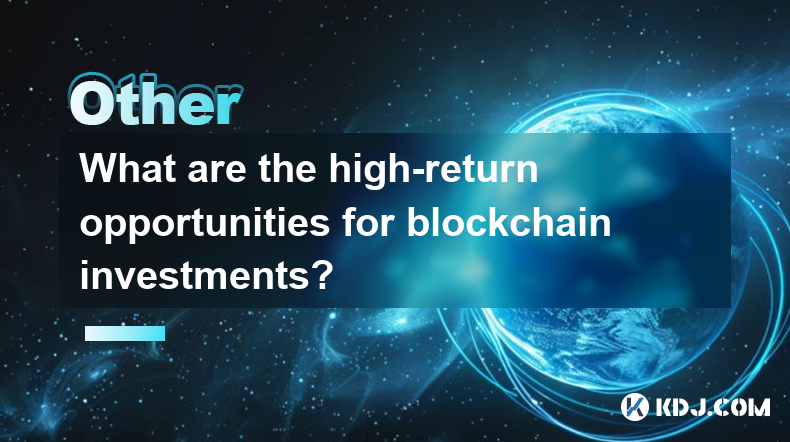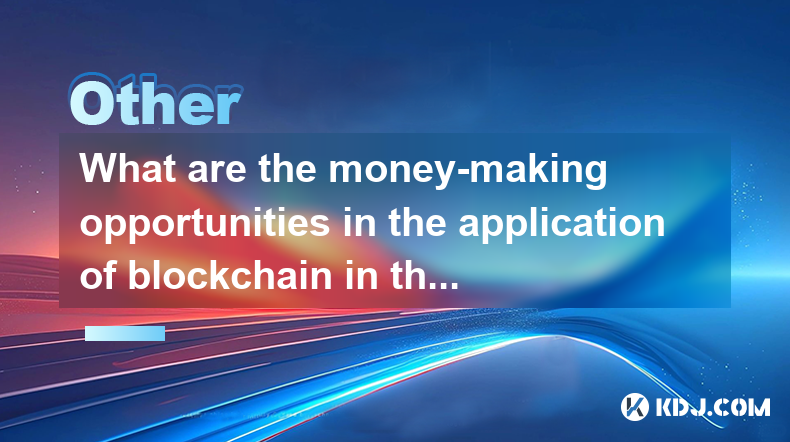-
 Bitcoin
Bitcoin $78,719.2006
-5.56% -
 Ethereum
Ethereum $1,583.1656
-12.44% -
 Tether USDt
Tether USDt $0.9998
0.01% -
 XRP
XRP $1.9088
-10.76% -
 BNB
BNB $560.9083
-5.15% -
 USDC
USDC $1.0004
0.04% -
 Solana
Solana $106.3174
-11.37% -
 Dogecoin
Dogecoin $0.1478
-12.16% -
 TRON
TRON $0.2291
-2.88% -
 Cardano
Cardano $0.5760
-11.29% -
 UNUS SED LEO
UNUS SED LEO $8.9099
-2.51% -
 Chainlink
Chainlink $11.2991
-11.88% -
 Toncoin
Toncoin $2.9368
-9.64% -
 Stellar
Stellar $0.2262
-10.37% -
 Shiba Inu
Shiba Inu $0.0...01137
-7.50% -
 Avalanche
Avalanche $16.0961
-7.76% -
 Sui
Sui $1.9171
-12.64% -
 Hedera
Hedera $0.1405
-12.85% -
 MANTRA
MANTRA $6.0521
-3.00% -
 Polkadot
Polkadot $3.6466
-7.23% -
 Bitcoin Cash
Bitcoin Cash $274.4163
-8.88% -
 Dai
Dai $1.0002
0.01% -
 Litecoin
Litecoin $70.2845
-14.71% -
 Ethena USDe
Ethena USDe $0.9989
-0.04% -
 Bitget Token
Bitget Token $4.1349
-7.18% -
 Pi
Pi $0.5928
-11.07% -
 Monero
Monero $201.4462
-6.45% -
 Hyperliquid
Hyperliquid $10.5838
-10.85% -
 Uniswap
Uniswap $5.1326
-12.02% -
 OKB
OKB $51.8936
-1.05%
What is blockchain decentralized insurance? What are its advantages?
Blockchain-based decentralized insurance uses smart contracts to automate claims and reduce costs, offering increased transparency and security, but faces challenges like scalability and regulatory uncertainty.
Mar 01, 2025 at 12:36 pm

Key Points:
- Blockchain decentralized insurance leverages blockchain technology to create transparent, secure, and efficient insurance platforms.
- Its advantages include reduced costs, increased transparency, faster claim settlements, and enhanced security.
- Decentralized insurance protocols utilize smart contracts to automate processes and eliminate intermediaries.
- Several challenges remain, including regulatory uncertainty and scalability issues.
What is Blockchain Decentralized Insurance?
Blockchain decentralized insurance, also known as DeFi insurance or crypto insurance, utilizes blockchain technology to disrupt the traditional insurance industry. Instead of relying on centralized intermediaries like insurance companies, it uses smart contracts and distributed ledger technology to manage policies, premiums, and claims. This creates a more transparent and potentially more efficient system. Participants can interact directly with the insurance protocol, eliminating the need for extensive paperwork and bureaucratic processes.
How Does it Work?
The core of blockchain decentralized insurance is the smart contract. These self-executing contracts automatically handle policy creation, premium payments, and claim payouts based on predefined conditions. This automation eliminates the need for human intervention, speeding up the process and reducing the risk of fraud or errors. The decentralized nature of the blockchain ensures transparency and security, as all transactions are recorded immutably on the distributed ledger.
Advantages of Blockchain Decentralized Insurance:
- Reduced Costs: By eliminating intermediaries, blockchain decentralized insurance can significantly lower operational costs. This translates to lower premiums for policyholders.
- Increased Transparency: All transactions are recorded on the blockchain, providing complete transparency for both insurers and policyholders. This eliminates information asymmetry and builds trust.
- Faster Claim Settlements: Smart contracts automate the claims process, significantly reducing the time it takes to process and settle claims.
- Enhanced Security: The immutability of the blockchain enhances security, reducing the risk of fraud and data breaches. This is particularly relevant in the volatile cryptocurrency market.
- Accessibility: Blockchain decentralized insurance can potentially provide insurance to underserved populations who may not have access to traditional insurance services.
- Programmability: Smart contracts allow for the creation of highly customized insurance products tailored to specific needs.
Types of Blockchain Decentralized Insurance:
Several types of insurance are being explored within the decentralized finance (DeFi) ecosystem. These include:
- Liquidity Pool Insurance: This protects against smart contract vulnerabilities and exploits within decentralized exchanges (DEXs).
- Stablecoin Insurance: This covers potential de-pegging events of stablecoins.
- Yield Farming Insurance: This mitigates risks associated with yield farming strategies on DeFi platforms.
- NFT Insurance: This covers the loss or theft of non-fungible tokens (NFTs).
Challenges and Limitations:
Despite its potential, blockchain decentralized insurance faces several challenges:
- Regulatory Uncertainty: The regulatory landscape for DeFi is still evolving, creating uncertainty for both developers and users.
- Scalability Issues: Some blockchain networks struggle to handle a large volume of transactions, which can limit the scalability of decentralized insurance protocols.
- Smart Contract Vulnerabilities: While smart contracts automate processes, they can still be vulnerable to exploits if not carefully designed and audited.
- Lack of User-Friendliness: The technical complexity of interacting with DeFi protocols can be a barrier to entry for many users.
- Oracle Problem: Decentralized insurance often relies on oracles to provide external data, which introduces a potential point of failure.
How to Access Blockchain Decentralized Insurance:
Accessing blockchain decentralized insurance typically involves interacting with DeFi platforms. This often requires:
- Creating a cryptocurrency wallet: You will need a wallet to hold and manage your cryptocurrency.
- Acquiring cryptocurrency: You'll need to purchase cryptocurrency to pay for premiums.
- Connecting your wallet to a DeFi platform: You will need to connect your wallet to the specific DeFi platform offering the insurance product.
- Understanding the terms and conditions: Carefully review the terms and conditions of the insurance policy before purchasing.
Common Questions:
Q: Is blockchain decentralized insurance regulated?
A: The regulatory landscape for blockchain decentralized insurance is still evolving and varies significantly by jurisdiction. Many jurisdictions are still developing specific regulations for DeFi, including insurance products.
Q: How safe is blockchain decentralized insurance?
A: The security of blockchain decentralized insurance depends on the security of the underlying blockchain and the smart contracts. While blockchain technology offers enhanced security, smart contracts can still be vulnerable to exploits if poorly designed or audited.
Q: What are the risks of using blockchain decentralized insurance?
A: Risks include smart contract vulnerabilities, oracle manipulation, regulatory uncertainty, and the volatility of the cryptocurrency market. It's crucial to understand these risks before investing.
Q: Is blockchain decentralized insurance better than traditional insurance?
A: Whether blockchain decentralized insurance is "better" than traditional insurance depends on individual needs and preferences. Decentralized insurance offers potential advantages like lower costs and increased transparency, but also carries certain risks.
Q: How do I choose a blockchain decentralized insurance provider?
A: Carefully research different providers, considering factors like the reputation of the platform, the security of the smart contracts, the terms and conditions of the policy, and the community support. Always prioritize security and transparency.
Disclaimer:info@kdj.com
The information provided is not trading advice. kdj.com does not assume any responsibility for any investments made based on the information provided in this article. Cryptocurrencies are highly volatile and it is highly recommended that you invest with caution after thorough research!
If you believe that the content used on this website infringes your copyright, please contact us immediately (info@kdj.com) and we will delete it promptly.
- 4 Best Cryptos to Buy That Could Deliver High Potential Returns
- 2025-04-07 10:15:25
- Nexus Partners with Orochi Network to Deliver a Verifiable Internet on Web3
- 2025-04-07 10:15:25
- XRP Has Found Itself Back in the Spotlight as Market Momentum Builds
- 2025-04-07 10:10:11
- As we enter Q2 of 2025, the global crypto market finds itself steering a complex intersection of macroeconomic and geopolitical pressures.
- 2025-04-07 10:10:11
- Mutuum Finance (MUTM) Quietly Rallies 25% as It Enters the Next Phase of Its Presale
- 2025-04-07 10:05:12
- Intercontinental Exchange Inc. Has Announced That It Signed a Memorandum of Understanding with Circle Internet Group, Inc.
- 2025-04-07 10:05:12
Related knowledge

Is the ranking of Chinese blockchain apps real and reliable?
Apr 04,2025 at 09:01pm
The ranking of Chinese blockchain apps has become a topic of interest for many in the cryptocurrency community, as it provides insights into the popularity and adoption of blockchain technology within China. However, the reliability and authenticity of these rankings are often questioned. This article aims to delve into the factors that influence these ...

What are the future development trends of blockchain game development?
Apr 03,2025 at 05:00am
Blockchain technology has revolutionized various industries, and gaming is no exception. As we look to the future, several trends are set to shape the development of blockchain games. These trends not only promise to enhance the gaming experience but also to integrate blockchain technology more seamlessly into the gaming ecosystem. Let's explore these t...

What are the high-return opportunities for blockchain investments?
Apr 05,2025 at 02:35pm
Blockchain technology has revolutionized the financial world, offering numerous high-return investment opportunities. These opportunities span various sectors within the cryptocurrency ecosystem, including cryptocurrencies, decentralized finance (DeFi), non-fungible tokens (NFTs), and blockchain startups. Each of these areas presents unique risks and re...

What are the maintenance costs of blockchain system development?
Apr 03,2025 at 06:07pm
The maintenance costs of blockchain system development are multifaceted and depend on various factors. These costs can include technical maintenance, security updates, infrastructure expenses, and personnel costs. Understanding these elements is crucial for anyone planning to develop or maintain a blockchain system. Technical MaintenanceTechnical mainte...

What are the money-making models of blockchain games?
Apr 04,2025 at 02:00pm
Blockchain games have emerged as a revolutionary way for players to earn real money while enjoying their favorite pastime. These games leverage the power of blockchain technology to create unique money-making models that benefit both the players and the developers. In this article, we will explore the various money-making models of blockchain games and ...

What are the money-making opportunities in the application of blockchain in the field of Internet of Things?
Apr 05,2025 at 10:35pm
The integration of blockchain technology with the Internet of Things (IoT) presents numerous money-making opportunities. Blockchain, with its decentralized and secure nature, can revolutionize how IoT devices interact, manage data, and conduct transactions. This article will explore various avenues where entrepreneurs, developers, and investors can capi...

Is the ranking of Chinese blockchain apps real and reliable?
Apr 04,2025 at 09:01pm
The ranking of Chinese blockchain apps has become a topic of interest for many in the cryptocurrency community, as it provides insights into the popularity and adoption of blockchain technology within China. However, the reliability and authenticity of these rankings are often questioned. This article aims to delve into the factors that influence these ...

What are the future development trends of blockchain game development?
Apr 03,2025 at 05:00am
Blockchain technology has revolutionized various industries, and gaming is no exception. As we look to the future, several trends are set to shape the development of blockchain games. These trends not only promise to enhance the gaming experience but also to integrate blockchain technology more seamlessly into the gaming ecosystem. Let's explore these t...

What are the high-return opportunities for blockchain investments?
Apr 05,2025 at 02:35pm
Blockchain technology has revolutionized the financial world, offering numerous high-return investment opportunities. These opportunities span various sectors within the cryptocurrency ecosystem, including cryptocurrencies, decentralized finance (DeFi), non-fungible tokens (NFTs), and blockchain startups. Each of these areas presents unique risks and re...

What are the maintenance costs of blockchain system development?
Apr 03,2025 at 06:07pm
The maintenance costs of blockchain system development are multifaceted and depend on various factors. These costs can include technical maintenance, security updates, infrastructure expenses, and personnel costs. Understanding these elements is crucial for anyone planning to develop or maintain a blockchain system. Technical MaintenanceTechnical mainte...

What are the money-making models of blockchain games?
Apr 04,2025 at 02:00pm
Blockchain games have emerged as a revolutionary way for players to earn real money while enjoying their favorite pastime. These games leverage the power of blockchain technology to create unique money-making models that benefit both the players and the developers. In this article, we will explore the various money-making models of blockchain games and ...

What are the money-making opportunities in the application of blockchain in the field of Internet of Things?
Apr 05,2025 at 10:35pm
The integration of blockchain technology with the Internet of Things (IoT) presents numerous money-making opportunities. Blockchain, with its decentralized and secure nature, can revolutionize how IoT devices interact, manage data, and conduct transactions. This article will explore various avenues where entrepreneurs, developers, and investors can capi...
See all articles





















































































